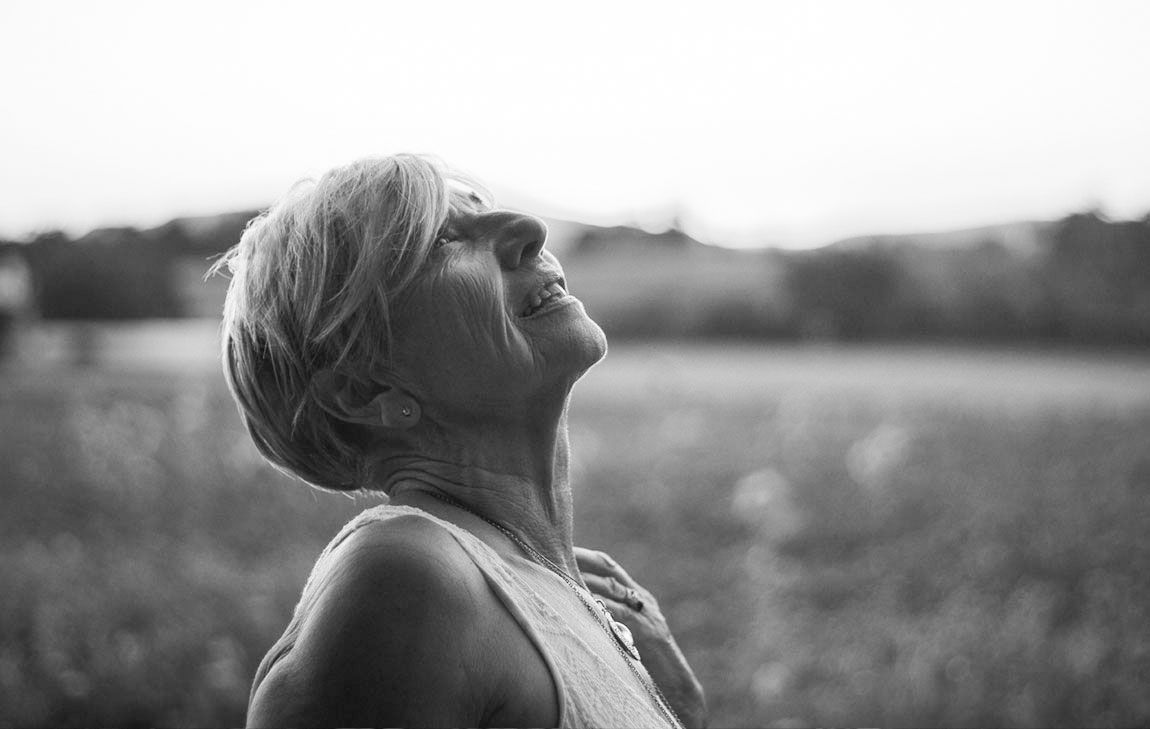The Many Faces of Grief
Funerals can trigger a wide range of emotional responses. It’s okay to feel all of them.
Grief is not a singular emotion. It is complex and made up of many facets. Grief includes sadness, of course, but it might also include anger, shock, longing, relief, confusion, and many other emotions. These feelings are strong, sometimes unpredictable, and not always comfortable. But feeling them and working through them is an important part of healing.
We’re not always accustomed to expressing strong emotions in day-to-day life. This is one of the reasons that funerals exist: They provide a dedicated time and place to feel and express the kind of messy, at times overwhelming, emotions that accompany the loss of a loved one.

Is it okay to cry at a funeral?
There are few places or occasions more appropriate for tears than a funeral service. Crying is the body’s relief valve for emotion. It’s something unique to humans and a part of our humanity. A good cry helps you feel better physically and emotionally. It’s a perfectly natural response to grief.
You might not feel like crying at the funeral, though, and that’s okay too. You may be too shocked and emotionally drained. Or you might not be ready to break down in public. That’s fine. You might cry later, or you might find some other healthy way to express your emotions.
There is nothing saying you must cry or grieve on anyone’s schedule, and tears – or a lack of them – say nothing about your feelings for the deceased or the strength of your emotions. All that matters is that you allow yourself to feel them and express them rather than trying to suppress or smother them.
Is it okay to laugh at a funeral?
Surprisingly, laughter can be just as appropriate and natural as tears. Humor is a natural defense against pain, and it can help relieve tension. And sometimes you just can’t help it.
Funerals aren’t only about sadness and grief. They’re a time when you gather with friends, family, and members of your community who have all gathered to pay respects to your departed loved one. You might see people you haven’t talked to in a long time and find yourself sharing fond memories and reminiscing about good times. A few laughs may be shared in these moments, which is a beautiful thing.
Many people prefer to think about funerals as a celebration of life. We encourage families to include personal touches that honor a loved one’s personality or interests, and these flourishes – from a personal anecdote in a eulogy to a particular piece of music or even a reference to a hobby incorporated into the ceremony – can trigger a smile or chuckle of recognition among funeral guests.
Plan to Go on an Emotional Journey
Just as you would plan ahead for a physical trip, it can be helpful to plan ahead for the emotional journey you might experience on the day of the funeral. You should expect to feel a lot of things throughout the day. Don’t worry about being self-conscious of your emotions. You’ve lost something precious, and you’re allowed to feel however you feel.
You’ll want to keep some tissues on hand as well as a bottle of water. Sipping water can help you regain your composure, and it will replenish fluids lost through crying. You might also want to dress in layers. Strong emotions can trigger physical responses that might make you feel cold or flushed; being able to adjust what you’re wearing for comfort can be helpful.
If you need to steady yourself, such as to deliver a eulogy, it helps to look at something neutral like the ceiling or the décor for a moment. Take a deep breath, hold it to the count of four, then slowly release it. This can help to center you so you can proceed more calmly. Don’t be afraid to ask for help if you need it. Funeral guests are there to pay respects and offer support to those closest to the loss. Most people are happy to help if you give them a job, whether it’s offering you a fresh tissue, fetching a cup of water, giving you a hug and a shoulder to cry on, or steering guests away when you’re too emotional to talk in that moment.
If you’re starting to feel overwhelmed, the funeral director can help you with finding a quiet place to stow away for a moment, as well as handling any concerns or complications that might crop up during the service so that you don’t need to worry about those details. We are here to make these difficult times a little easier for you to bear.
The funeral is just one step on the road of healing after a loss, but it’s a powerful one that we are honored to help guide you through. Horan & McConaty has been helping Denver families grieve for more than a century, and we’ve seen first-hand the full range of human emotions that accompany loss, in all their beauty and messiness. If you have questions or need to arrange funeral services, you can stop by any of our seven locations throughout the Denver area, or call 303-745-4418



